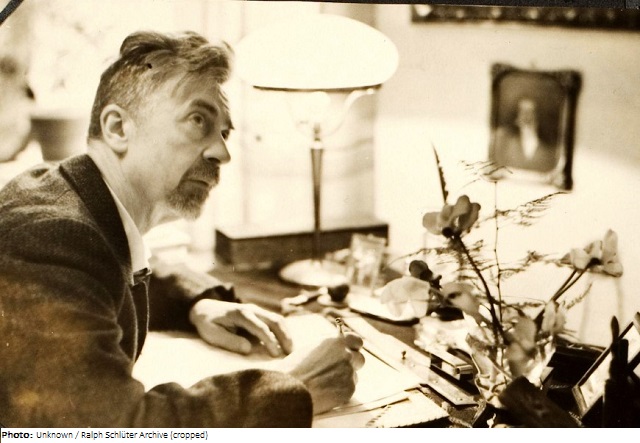Ilmari Krohn

Biographical information
| Roles | Competed in Olympic Games (non-medal events) |
|---|---|
| Sex | Male |
| Full name | Ilmari Henrik Reinhold•Krohn |
| Used name | Ilmari•Krohn |
| Born | 8 November 1867 in Helsinki, Uusimaa (FIN) |
| Died | 25 April 1960 (aged 92 years 5 months 17 days) in Helsinki, Uusimaa (FIN) |
| NOC |  Finland Finland |
Biography
Ilmari Krohn was a Finnish composer, church musician, and musicologist of German origin. He studied aesthetics and contemporary literature at the University of Helsinki, and music in Helsinki and at the Leipzig Conservatory. Already collecting folk tunes during his studies, Krohn is regarded as the founder of Finnish musicology. From 1900 he was a lecturer in music history and theory at the University of Helsinki, and from 1918-35 he was a professor of musicology. In addition, he taught at various other music colleges and worked as a church musician.
As a composer, Krohn mainly wrote church music, including the first Finnish oratorio and a setting of the complete Book of Psalms. As a researcher, he was mostly engaged in the music of Richard Wagner, Anton Bruckner, and Jean Sibelius. In the pursuit of systematization, he also developed a comprehensive theory of music. Krohn’s 1952 entry, Aamun hiihtäjälle (To the Skier of the Morning), was a piece for voice and piano, written in 1927. It was number 16 of the song cycle Nuori seppele (Young Wreath). His son Ensio had published the respective poems under this title in 1919.
Ilmari Krohn’s father was the folk poet Julius Krohn (1835-1888), while his second wife was the writer Hilja Haahti (1874-1966). Among his sons were the doctor and poet Ensio Kurki-Suonio (1896-1993), the composer Felix Krohn (1898-1963), and the priest and hymnologist Erkki Kurki-Suonio (1901-1985).
Results
| Games | Discipline (Sport) / Event | NOC / Team | Pos | Medal | As | |
|---|---|---|---|---|---|---|
| 1952 Summer Olympics | Art Competitions |  FIN FIN |
Ilmari Krohn | |||
| Music, Compositions For Solo Or Chorus, Open (Olympic (non-medal)) |